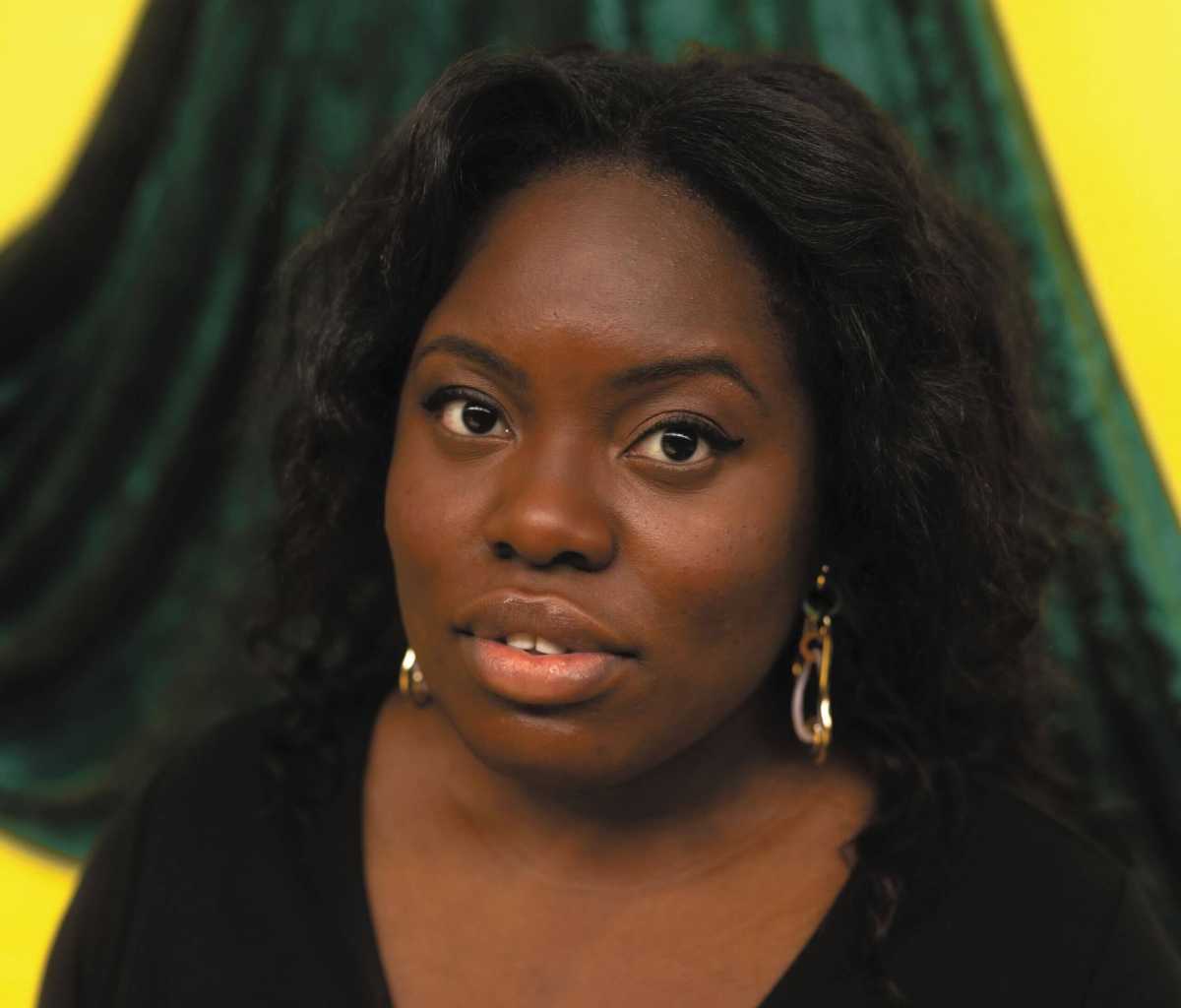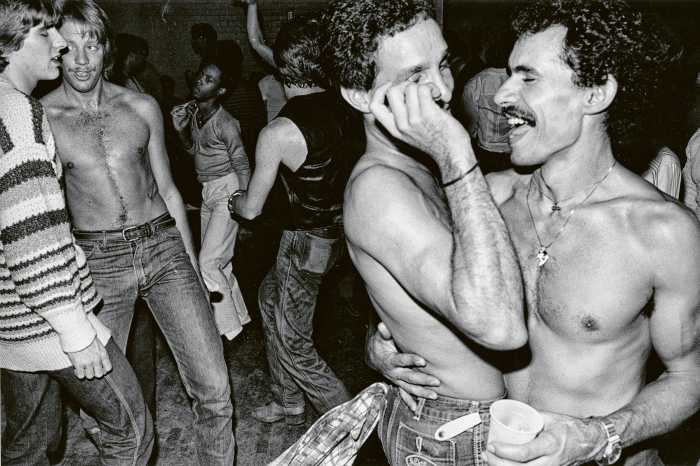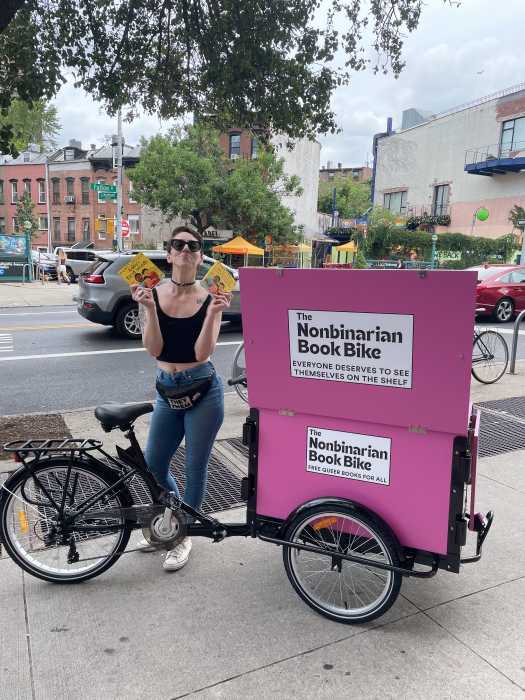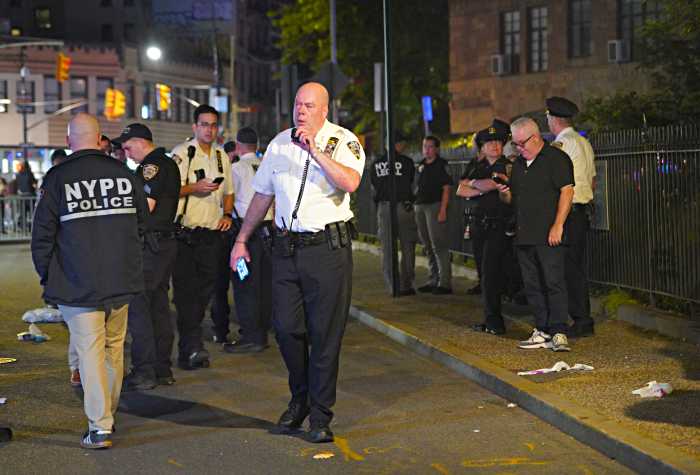Make no mistake: Her Black body is under attack, her private mind is her refuge, and it’s ecstatic, and it’s worried. The “her” here is Sahara, the heroine of JK Chukwu’s debut novel, “The Unfortunates,” about a Half-Nigerian, nascently queer young woman, returning to her unnamed, but prestigious Chicago college for her sophomore year. The “unfortunates” of the title are those Black students who disappear from campus, felled by violence or self-harm, rejected by the historic but very much alive white power structures who see no place for them in the halls of academia, nor in the world at large.
Is the novel a roman a clef? A picaresque? Well, yes, but this ain’t Holden Caulfield in “The Catcher In The Rye,” although it is a coming-of-age story. The struggle of the main character is to love herself enough to endure multiple attacks, internal and external, and her two most powerful weapons are her sense of humor and irony, and her awareness of her own unique and cross-cultural identity as a melange that offers strength and a powerful form of sanctuary.
How have readers responded to the novel? Have you been surprised by any reactions? Does it seem like a different novel based on who is reading it?
The response has been positive. It’s been affirming to see that there is space in the world for an experimental novel like “The Unfortunates.” A surprise is that several readers have connected with Sahara and her story. While writing, I worried that this novel would be too personal to reach anyone outside of myself.
The book is about a person in a great deal of emotional pain, but is still very funny. How do you understand humor as a defense against attacks against personhood or as an adaptive response to trauma?
I find living in this world strange because life is absurd. This absurdity seems to escalate when you inhabit a body/identity/career which history/violence/a nation attempts to erase. As I am writing this, lawmakers with no interest in leaving obtusity are deciding what we can do to our bodies, the skies in New York are orange due to unprecedented wildfires in Canada, the deserving writers in the WGA are still on strike. Then on top of all this, there is an impulse running through society to deny everything that is happening, to pretend that we are fine, and only need a stimulus check, a black square of solidarity, a heart on Instagram to make living better.
With this environment of denial, and with these forms of accepted cruelty and violence such as this, which constantly traumatize an individual, nation, and environment, I am constantly disoriented. And so, I laugh as a way of temporarily releasing the pent-up resentment, pain, or confusion of living in this world. Once that is released, I can orient myself, then I decide how I can unapologetically show others what I am seeing, or how I can help create a world which I want to inhabit.
The book’s main character has a complex identity, both in terms of culture and sexual identity, to name just two aspects. How important is her queerness; how important is yours to you? Is identifying as queer in any way protective? It seems one of Sahara’s absolutely greatest strengths is the force of her love.
Queerness is an essential part of Sahara, my identity as a writer, and how I approached writing “The Unfortunates.” The novel is queer in temporality, its structure, and its characters such as Sahara. In terms of temporality, it toys with linearity and ends how it begins. The novel’s structure is inventive, attempting to exist outside of the binary of what is and is not a novel. Additionally, it is an archive of Sahara, and her aunt who died of AIDS-related complications. Artists like David Wojnarowicz or zines from the ’90s greatly inspired the novel’s artwork. At the level of characters, Sahara’s queer community are the ones who help her learn how to survive and live in a way she never thought possible.
As I think about your question, is identifying as queer in any way protective, I must honor the different realities that this identity can inhabit. There is an ever-present danger of violence against queer people, which can mean an individual, facing the threats of death of physical violence, might have to leave their home, family, or nation. While this is true, it is also [true] that once you realize that you are queer, you become part of a lineage of queer ancestors and kin, who you can look to for inspiration or answers of how you want to live, and how you want to be part of or create a queer community. I believe that it is with a loving community that you can find your protectors and your warriors who will fight for you.
How can the LGBTQ community be stronger, better allies to people like Sahara? How can families, especially those from traditionally less embracing of sexual diversity and expression.
I believe that to truly support members of your family whether biological or chosen, you must be willing to listen, be vulnerable enough to admit you were wrong or caused harm, and be courageous enough to do the work of learning and expanding your mind beyond preconceived notions. If steps such as these are taken, then people, such as the LGBTQIA community, can support individuals like Sahara.
What sustains you? What’s next for you?
Presently, my community of family and friends, and my creativity curiosities are sustaining me. What’s next for me is actively pursuing joy and pleasure. I’m unsure of what that might look like, but I am excited for the forthcoming creative and personal adventures.
If you could tell the LGBTQ community anything, what would you say or advise?
Don’t be afraid to start your second, third, or even sixth act because you have the right to transform and become all that you desire.

































